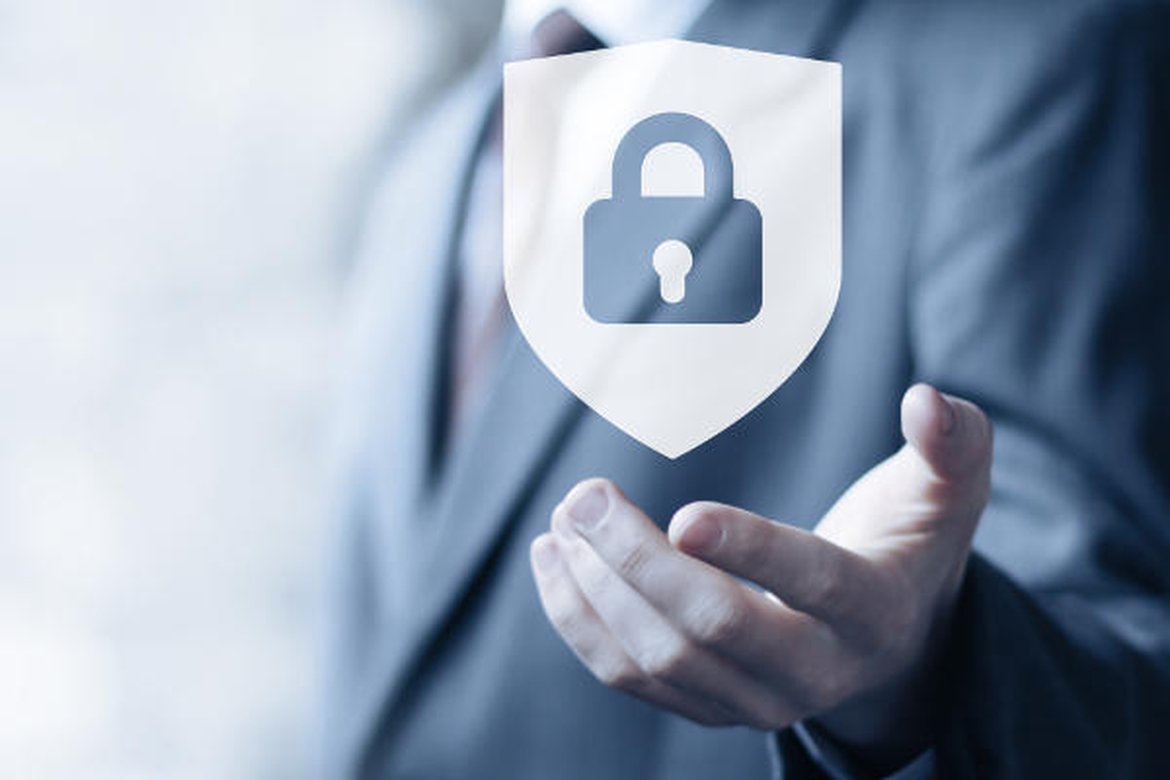¡HI! If you want to propose us a project, send a mail to info@albatian.com


ALL INFORMATION ABOUT
BPM, PROCESS, R & D, TECHNOLOGY
Cybersecurity: Do not Protect Your PC
By Bernardo Ramos, IT security expert

Why should you pay to protect your PC?
How much money are we wasting to protect our PC against computer viruses?
In a world where both the information and the programs used to process it are increasingly in the "cloud" is it still reasonable to spend effort and money on protecting the end point? (Either a PC, a tablet or a Smartphone)
Our computers are becoming more and more a simple tool, such us the pencil we used to use "in the old days", to process our information.
- Would you pay to protect your pencil?
- If you had to choose between losing your notebook or the pencil with which you wrote on it, which would be your choice?
Protect the PC’s
- Is it still effective?
No, because there is always a percentage of them that are not well protected, which in fact forces us to act as if none were
Taking into account the number of PC’s in our companies and the diversity of users and ways of use, there is always a significant percentage of PCs that are out of date
- Is it useful? Why do we protect the PC? What are the risks?
To avoid disclosure of sensitive information contained in it
- If we do not protect sensitive information with an encryption system, we are irresponsible.
- And if we do, we do not need to protect the PC to prevent its disclosure
To avoid its “kidnapping” and use in a “bot” network
- If we reinstall the PC periodically we undo any "kidnapping"
To prevent your data from getting encrypted and having to pay a ransom for getting them back
- If we do not have a backup of valuable data we have anywhere, including the PC, we are irresponsible.
- And if we have it, that attack does not affect us
To prevent our passwords from being stolen
- If we do not protect our passwords with a suitable program (for example "keepass") we are irresponsible
- And if we do, we do not need to protect the PC to keep them safe
To prevent its use as a point of access to our network
- If our PC is not part of the "secure" infrastructure of our network and our servers are configured not to trust PCs, this is irrelevant.
Protecting our PC eats our resources and our budget
- Protection programs can take more than 10% of the CPU of your computer
- The technical infrastructure needed to keep all PCs up to date includes multiple servers and a part of your available network bandwidth
- The organization necessary to ensure a correct level of update of the antivirus and security fixes of all your PCs requires many people.
- We pay every year for the maintenance of security applications (such as antivirus, etc.) for our PCs, and although the unit amount may seem small, given the number of devices we have to protect, the total annual cost is significant
Some examples of real, everyday cases in which PC protection is not relevant
- Electronic banking: the bank does not care about the protection status of the device you are using to access
- They have implemented selective strong authentication mechanisms, depending on the importance of the operation to be performed to ensure the respect of the client's will
- The bank's data are not compromised even in case the client's device is infected with a computer virus
- E-commerce
- In fact, any service provided from "the cloud"
The only reason we should protect our PCs is if sensitive processes and / or sensitive data reside in them.
- But this is currently avoidable.
- In fact, most companies do avoid it, as well as in our private lives.
- Most relevant processes in companies, including all those that are sensitive, take place on well-controlled servers, never on PCs
On the other hand how many of our business PCs actually contain sensitive data?
- And if they contain sensitive information, either it is protected by some encryption system or we are being reckless
- Can anyone seriously think that not having viruses on the computer is adequate and sufficient protection for our sensitive data?
Alternative solutions to classic PC protection:
Technical
- Virtual PCs
With this technique, every time we use a PC, we have a brand new one
Organizational
- Reinstalling the PC
- Periodically
- In case you suspect or are certain your computer is infected
How it works
- We organize ourselves so as to being able to continue working even if we lose all the content of the PC and we have to start from scratch
- We put in place a simple and fast procedure for reinstalling the PC
- We run this installation systematically at least once a year to make sure it works and we know how to do it
- As an added bonus, PC performance is not degraded over time by excess installed auto-start programs
Conclusion
Let's focus on server side protection, focusing on processes and data that are really sensitive
Stop wasting energy in protecting the PC, which accounts for a majority of our infrastructure in volume, but hosts (or should host) only a small part of our sensitive data and processes
In this way, we can strengthen our security wherever it is really necessary avoiding wasteful protection of all devices.
RELACIONADO
-
The reporting on Cibersegurity is meant for management satisfaction or to progress?
by Albatian March 27, 2017
-
The missing link
by Albatian March 27, 2017
-
Payback of management misinformed by excess - PCs in the industrial environment
by 4 July 9, 2017
-
The whole truth about safety
by 4 Sept. 18, 2017
-
Cybersecurity
by Albatian Jan. 10, 2017
-
The ROI (Return On Investment) in Compliance Programs
by 4 Jan. 7, 2020
-
How ciber security providers look like neighborhood thugs?
by Albatian Nov. 14, 2016











